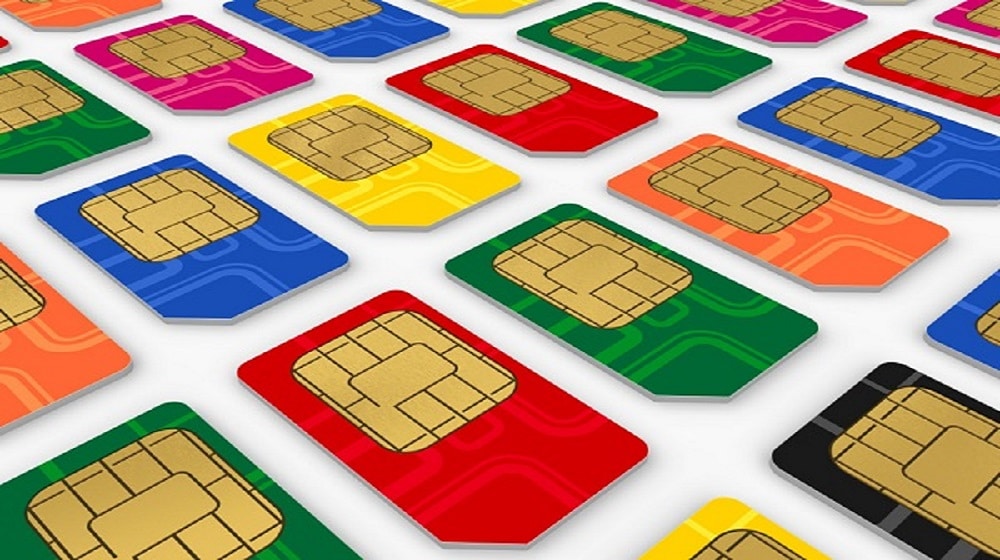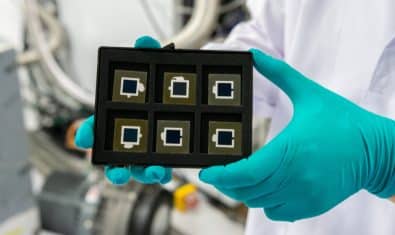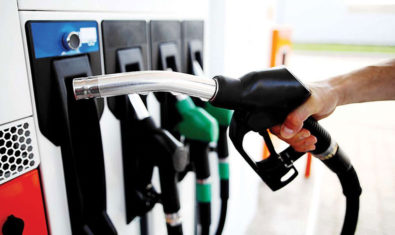Prime Minister Imran Khan has constituted a multi-stakeholder Committee on the Local Manufacturing of SIMs/Smart Cards to save the foreign exchange, according to the Economic Survey 2020-21.
The survey revealed that evidently approximately seven million SIM cards and 10,000 banking cards are being imported every month as the current import regime incentivizes such imports.
The committee is deliberating over the matter to save the foreign exchange.
ALSO READ
Over 20 Million People Became Jobless in Pakistan Due to COVID-19
The survey also showed that the Mobile Device Manufacturing policy has been approved to promote the local manufacturing and assembly of mobile handsets. Pakistan enjoys a low-cost labor advantage, a reasonably large home market with more than 178 million subscribers that have increased by approximately one percent per month during the last year, and 83.3 percent of teledensity and efficient Device Identification Registration & Blocking System (DIRBS) in place that make it an attractive market for mobile assembly.
The government is prepared to make the mobile phone manufacturing industry larger than the automobile industry in terms of turnovers in a few years, and its employment is expected to grow manifold. Additionally, legal imports have increased significantly and local manufacturing has also picked up because of the introduction of the DIRBS.
The government has also decided to introduce a comprehensive mobile manufacturing policy to encourage and attract mobile manufacturing players to come to Pakistan and establish their plants here. The mobile manufacturing policy had been approved by the Federal Cabinet in June 2020, and the Pakistan Telecommunication Authority (PTA) had published the Mobile Device Manufacturing (MDM) Regulations on 28 January 2021 in light of this policy.
To date, seven companies have obtained the 10 Year Mobile Device Manufacturing Authorization and will manufacture mobile devices, including 4G smartphones, within Pakistan.
During January-March FY2021, the legal import of mobile devices had increased to 48 million. This is an exponential jump, and perhaps the most visible change due to the DIRBS as both businesses and individual consumers have shown confidence in the system while avoiding the use of illegal mobile devices.
ALSO READ
PM Imran to Visit UK for Pakistan-England Match
The taxes/duties collected from individual consumers (which, prior to the DIRBS, had been an untapped area for revenue collection) had been Rs. 13.93 billion during the period January 2019 to March 2021. On the commercial import side, the revenue of Rs. 22 billion during 2018-19 had increased to 83 billion for the period from January 2019 to November 2020. This is a significant increase despite the economic slowdown due to the pandemic.
Regarding the impact of the DIRBS on the economy, (a) the PTA has blocked 175 thousand devices IMEI that had been reported to be stolen through the DIRBS; (b) the system has identified and blocked 26.03 million fake/replica mobile devices since 2019 that had been identified as ‘programmed with non-GSMA formation’; (c) the system has been able to successfully identify cloned/duplicated IMEI whereby 657,645 IMEI had been cloned against 4.24 million MSISDN. The launch of the DIRBS has also greatly impacted the development of the mobile device ecosystem as companies now have a level playing field.
As per the figures extracted from the DIRBS, it was observed that there has been substantial growth in the 4G devices that are connected to the local mobile networks, and the pattern also shows a decline in the use of 2G and 3G devices, with the consumers’ appetite having shifting towards 4G functionality devices. The following pattern compliments the government’s vision of a digital Pakistan.
- 4G devices grew from 16 percent (January 2018) to 41 percent (February 2021)
- 3G devices dropped from 19 percent (January 2018) to eight percent (February 2021)
- 2G devices dropped from 64 percent (January 2018) to 51 percent (February 2021)

























